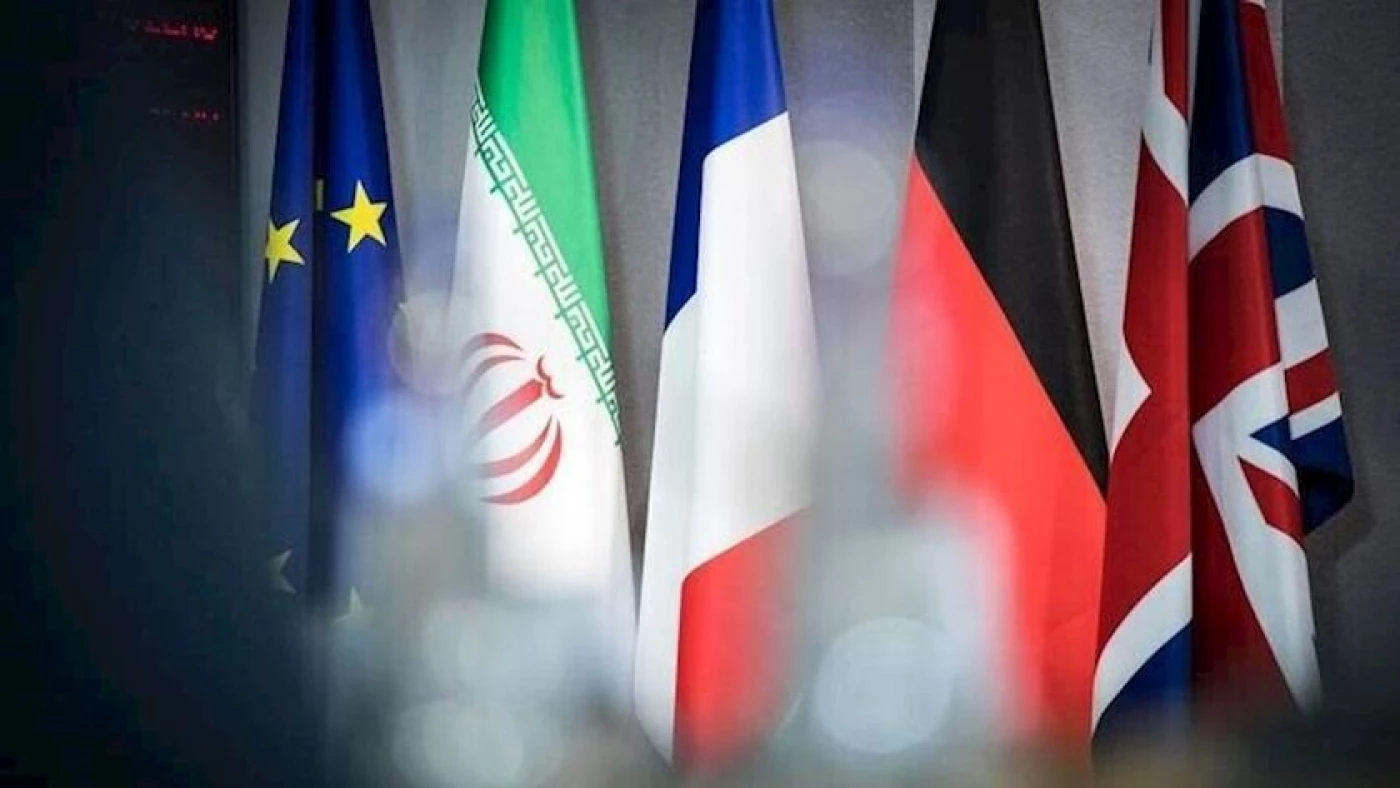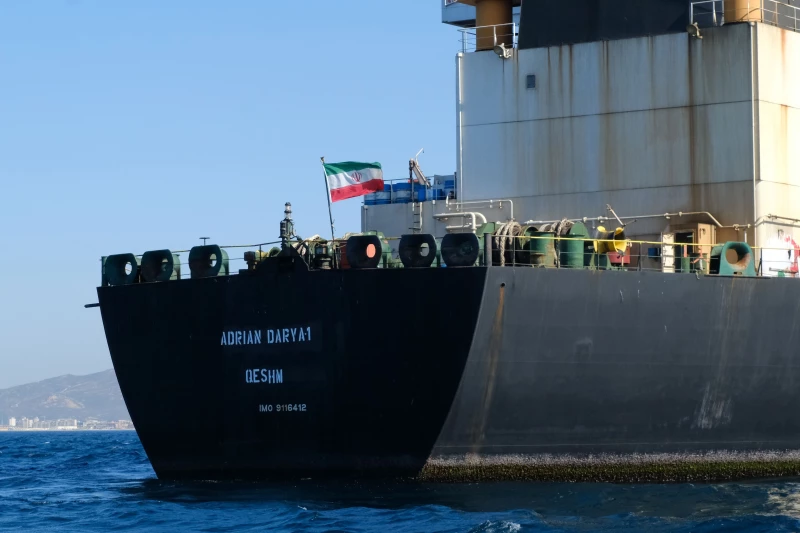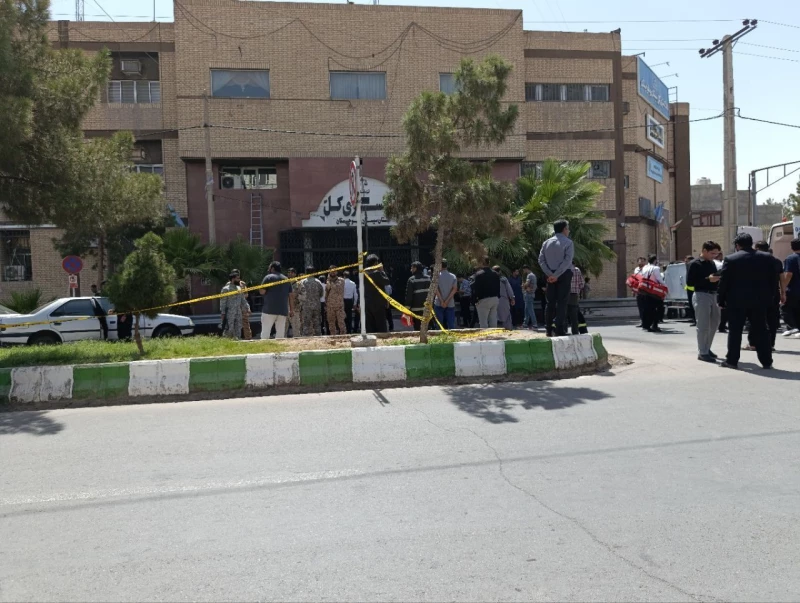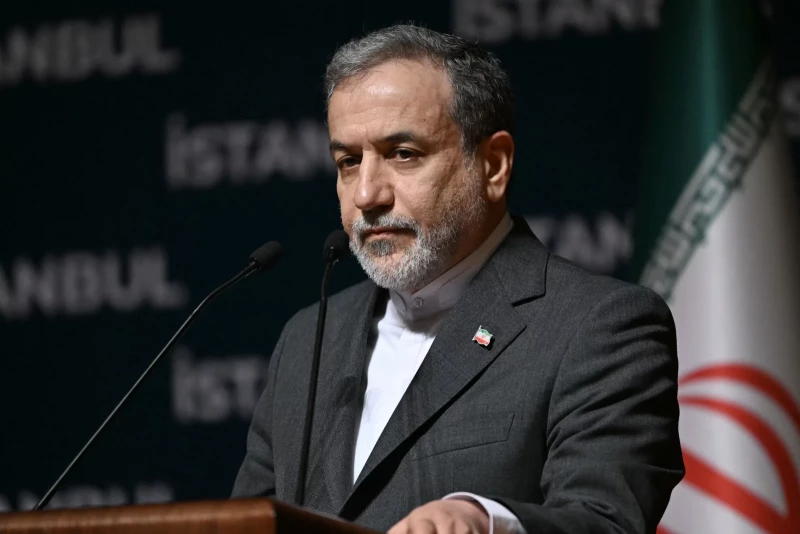LONDON, United Kingdom - Iranian Foreign Minister Abbas Araghchi has confirmed that negotiators from Tehran will meet with representatives from the UK, France, and Germany—the E3—on Friday for discussions on the Iranian nuclear program.
Addressing reporters in Tehran on Wednesday, Araghchi said the meeting will revolve around the ongoing talks between Iran and the United States.
Three rounds of those negotiations have already been held since mid-April between Araghchi and the US special envoy for the Middle East, Steve Witkoff. A fourth round has been planned to take place in Rome on Saturday.
Both Tehran and Washington have signaled positive headway in the diplomatic initiative so far. Reaffirming the same, Araghchi stated at the briefing that in the current US-Iran engagement, "we are not interested in dragging out the negotiations and there is a sense that the other side maintains that motivation."
The meeting with the European sides comes after the Iranian minister's overture last week in an X post, in which he voiced Tehran's readiness for a reset in diplomatic ties with the E3.
The three European states remain signatories to the 2015 nuclear deal)—officially known as the Joint Comprehensive Plan of Action (JCPOA)—which the US withdrew from under President Donald Trump in 2018.
'Economic blackmail'
Iran's initiative to engage with the three states also follows their threats to trigger the snapback mechanism, which allows for the reimposition of United Nations sanctions against Tehran over its failure to abide by JCPOA obligations—most notably its uranium enrichment far beyond the caps set by the accord.
Earlier this week, French Foreign Minister Jean-Noël Barrot warned that Paris "would not hesitate" to reinstate the UN sanctions should the ongoing nuclear negotiations bear no fruit.
Reacting in a formal letter to the UN Security Council on Wednesday, Amir-Saeed Iravani—who heads the Iranian permanent mission to the UN in New York—strongly disapproved of the French stance.
The Iranian ambassador criticized Barrot's remarks as "economic blackmail" and "blatant coercion," accusing the French government of adopting "double standards" and failing to meet its own commitments under the JCPOA.


 Facebook
Facebook
 LinkedIn
LinkedIn
 Telegram
Telegram
 X
X



